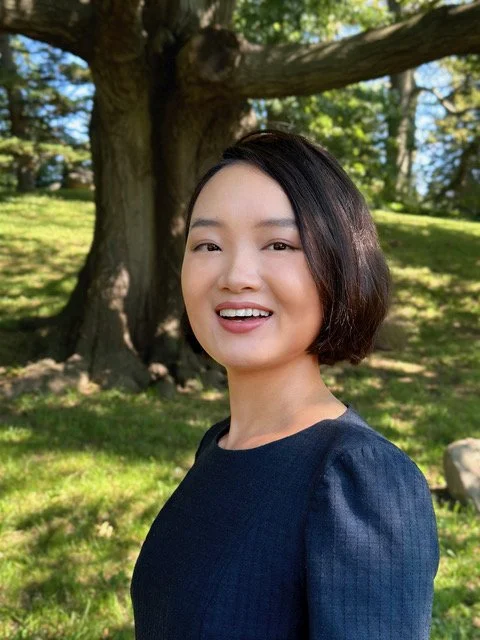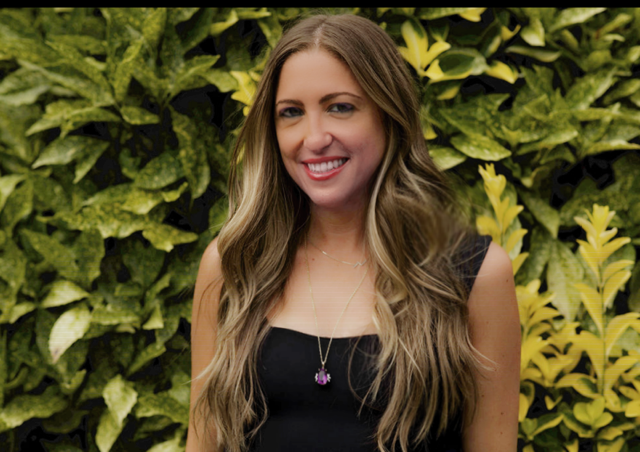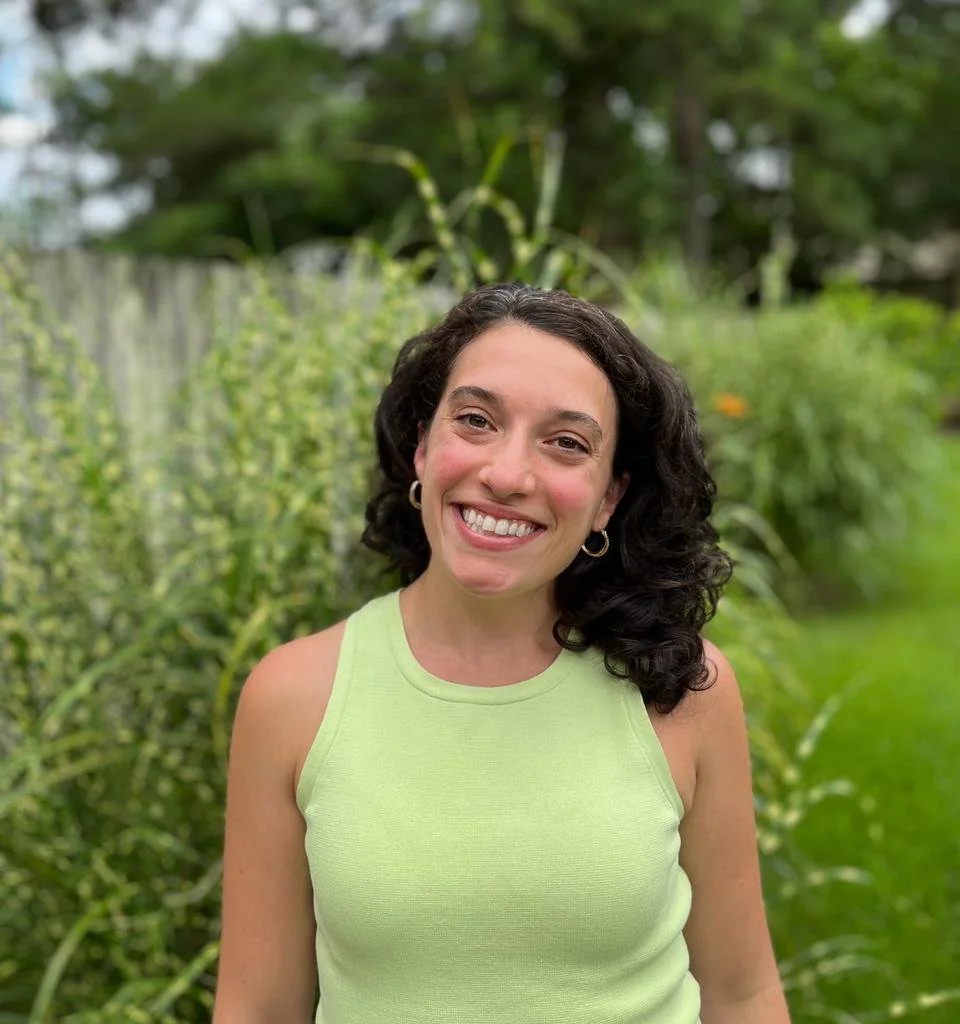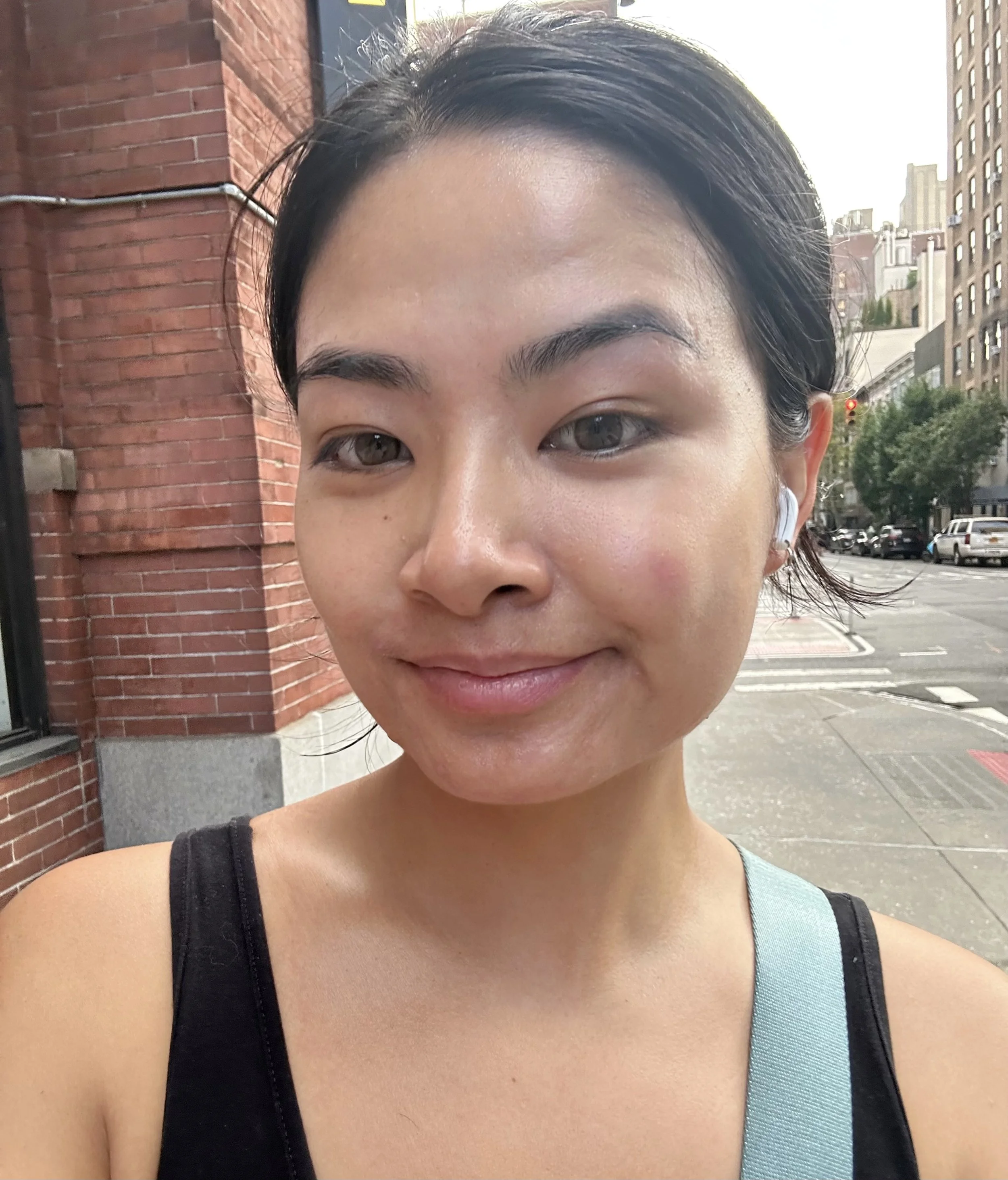
Psychotherapy and Mental Health Counseling in New York | Asian & Asian American Therapists in New York
Xiwen Su, LMSW
Psychotherapist

We accept most major commercial insurance plans, including Aetna, Wellfleet, Cigna, United Healthcare, Oxford, Oscar Health, Empire Blue Cross Blue Shield, and Carelon Behavioral Health, for residents of New York.
she, her, hers
Hi, I'm Su. I am a clinical social worker in New York State. At the base of my work is a sense of compassionate curiosity, a genuine wonder: I seek to delve ever deeper into my clients' distinctive lived experiences and the myriad of potential pathways open to them. While I draw from a wide range of therapeutic modalities based on individual client needs, I think of therapy primarily as a place for play. To play doesn’t mean to take matters lightly. For most animals, including us humans, playing is serious business. During play, we observe, practice, and rehearse.
As we play, we make, abide, or change rules, take challenges and test our limits; we might fail, but all is safe and sound, and soon enough, we set out again. Playing with others, we initiate, build, maintain, and mend relationships. It is through play that we learn what we are capable of and who we are in relation to the world.
Thereby conceiving therapy as a space for play, I aim to provide a dynamic arena wherein my clients can engage in the nuance processing of traumas, the exploration of possibilities, the articulation of needs and desires, and the discovery of self—all these heavy undertakings—in a space that invites curiosity, flexibility, fluidity, and radical acceptance.

Top Specialties
Relationship Issues
Anxiety
Domestic Violence
Expertise
Depression
Domestic Abuse
Emotional Disturbance
Family Conflict
Life Transitions
Self Esteem
Stress
Trauma and PTSD
Approaches
Emotionally Focused
Person-Centered
Somatic
Strength-Based
Structural Family Therapy
Trauma Focused
I Work With
Individuals
Couples
Education
New York University
Licensure
LMSW State of New York / 118254
About Su
-
My first—and current—full-time job out of social work school is at a community-based non-profit organization delivering trauma-informed, strength-based services to survivors of gender-based violence. I believe the work is pretty challenging because when I told my nurse practitioner what I do, his response was, “I don’t know how you manage to do that,” and this guy literally saves lives as part of his job.
Here’s how I manage: while I’m there to empower my clients, many times, I have left a session feeling myself charged and invigorated by my clients’ authenticity, the trust they bestowed on me, and their unyielding capacity for love and hope despite enduring what’s often unimaginable pain. I find it a profound privilege to bear witness to my clients’ most vulnerable moments and to walk alongside them on their healing journey in collective resilience. This is what keeps me going in this field everyday. This is what brings me to you.
-
While I draw from a wide range of therapeutic modalities based on individual client needs, I think of therapy primarily as a place for play. To play doesn’t mean to take matters lightly. For most animals, including us humans, playing is serious business. During play, we observe, practice, and rehearse. As we play, we make, abide, or change rules, take challenges and test our limits; we might fail, but all is safe and sound, and soon enough, we set out again. Playing with others, we initiate, build, maintain, and mend relationships. It is through play that we learn what we are capable of and who we are in relation to the world.
On the other hand, playing is not a means to an end—the act of play, in and of itself, holds intrinsic value. It beckons us to be fully absorbed by the moment, to create instead of produce. As we play, we ask questions and set out to explore and experiment without demanding answers. Play embraces ambiguity.
Thereby conceiving therapy as a space for play, I aim to provide a dynamic arena wherein my clients can engage in the nuance processing of traumas, the exploration of possibilities, the articulation of needs and desires, and the discovery of self—all these heavy undertakings—in a space that invites curiosity, flexibility, fluidity, radical acceptance, and mindfulness.
-
My ideal client is one in whom I see myself at my rawest moments: expressive, reactive, confrontational, unafraid to challenge, know what they want to the point of being stubborn; they may give away to anger a little too willingly, are prone to crying tears of frustration; but then again, they are quick to forgive. They might come to me amid a personal crisis—a moment of vertigo, seeking to regain control, wanting direction and guidance, but ultimately, they know where they are going. I believe I can communicate and relate to a client like this the easiest.
That said, I have found that often, therapeutic work with the most initially “difficult” clients yields the most fruitful result because those challenging sessions keep me on edge, listening and thinking intently, sometimes desperately; I talk the cases over in supervision, tossing and turning them in my head at night. On the other hand, if a client walks into my virtual therapist’s door and I immediately find them the embodiment of my ideal client who mirrors me perfectly, it means things have gone horribly wrong: I have failed to see and respect the client as an autonomous, whole human, and have instead projected myself onto them so that any work we do would not be about them but about me.
In truth, there is no reason I should ever feel that a client is easy to work with, for we are all complicated, multifaceted beings, and to relate to one another—to truly connect, to care deeply, to trust—is one of the most difficult feats any one of us can take. The good thing is we can do the heavy work in doses and we can do it together.
-
Professionally, in addition to ongoing supervision and peer consultation, I’m currently enrolled in NYU Silver Post-Master's Certificate in Trauma-Informed Clinical Practice. The program integrates neurobiological, psychoanalytic, healing justice, and evidenced-based understandings, a comprehensive approach that I believe would help me better assess and treat individuals impacted by trauma. Meanwhile, I’m contemplating a commitment to the 4-year psychoanalysis training program offered at the Training Institute for Mental Health. This extended intensive program promises a deep immersion into the nuanced realms of psychoanalysis, providing an enriching foundation to further sharpen my therapeutic skills and broaden my understanding of the complexities within the ever-evolving field of mental health.
At the same time, given that I bring my whole person into my sessions always, I will never stop growing as a person as well. I will live fully and consciously. I will be more honest with myself, more compassionate and patient with those around me. I will make mistakes, learn from them, and make better mistakes.
-
Whether it’s controversial or not, I can’t say, but it is a confession, going back to that conversation I had with my nurse practitioner: I manage, but it’s not easy. We therapists are always talking about safety, as in “creating a safe space” for our clients, for as we all know, being in therapy can put one in a scary, vulnerable, and potentially re-traumatizing place. But we never really talk about how being on the other side of the therapist’s office can be scary as well. Maybe it’s just me, but I’ve come to find the experience of truly giving in to another person’s life and story—which I strive to do in my sessions—incredibly uncomfortable, intimidating, anxiety-ridden, and downright terrifying at times. It’s like diving head down and immersing yourself entirely in a bottomless body of water. That said, each time I resurface, I get to know the client and myself a little clearer, and I bring a little more clarity and courage when I take the next dive.

Our Therapists


Book a free 15-minute phone consultation.
We’re excited to hear from you! To get started, our intake specialist will schedule a quick 15-minute phone consultation to verify your insurance and match you with the therapist who’s the best fit for your needs.
We’ll respond to all messages within 48 business hours.
If this is an emergency, please call 911 or reach out to a crisis counselor at 1-888-NYC-WELL. We’re here for you!
Or Contact Us Directly.
To verify your insurance coverage, please email us using the form below. For all other inquiries, we respond within 48 business hours.























